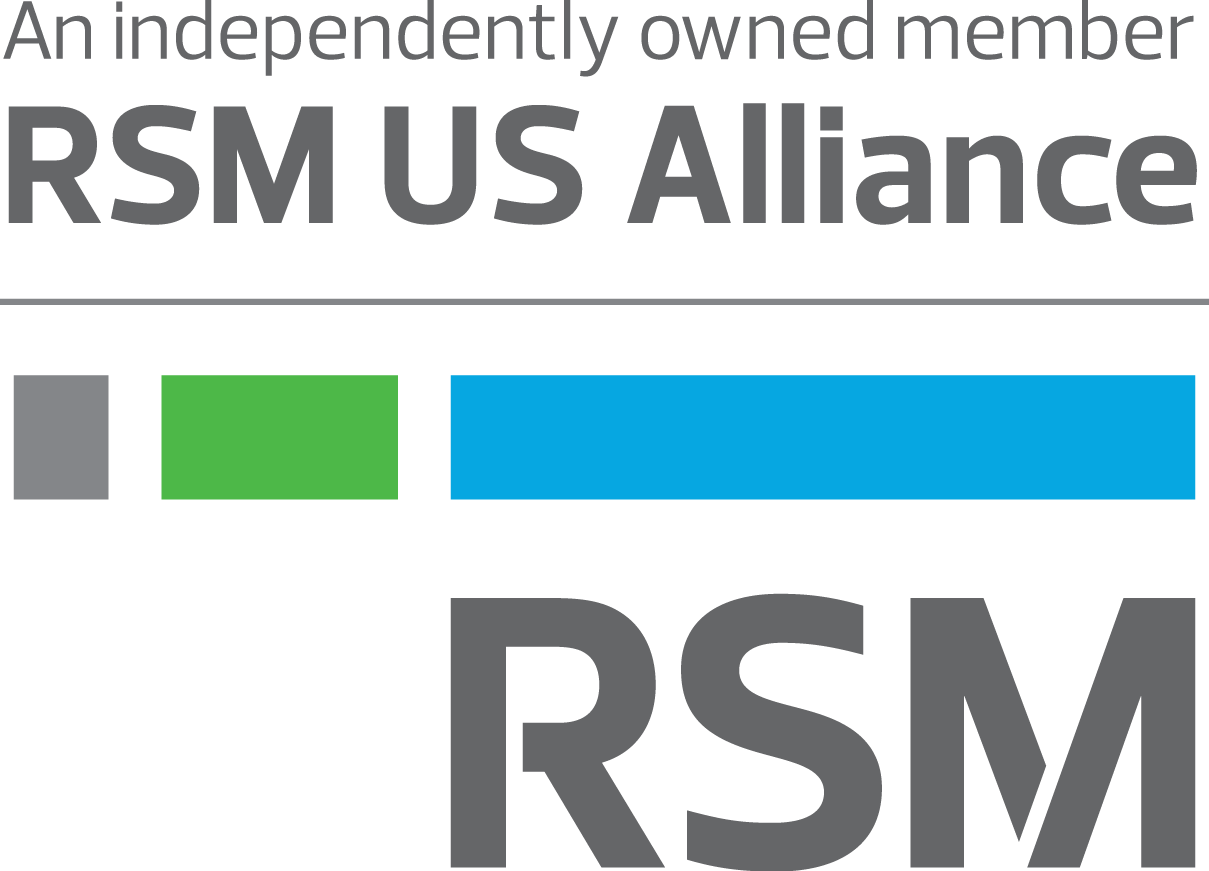Authored by RSM US LLP
Executive summary: Safe harbor procedures issued for conservation easement deeds with extinguishment and boundary line adjustment clauses.
Notice 2023-30 provides safe harbor deed language for extinguishment and boundary line adjustment clauses as required by section 605(d) of the SECURE 2.0 Act of 2022. Donors with existing conservation easement deeds have until July 24, 2023, to record their safe harbor deed amendments. However, taxpayers are not required to amend their deeds to include the safe harbor language.
Background: Conservation easement charitable contribution deductions
Conservation easements may give rise to section 170 charitable contribution deductions if certain requirements are met, including an enforceable perpetual restriction to protect the property’s conservation purposes. The section 170 regulations clarify that a judicial extinguishment of the easement will not jeopardize the perpetuity requirement if (1) a subsequent and unexpected change in the conditions surrounding the easement make it impossible or impractical to continue to use the property for conservation purposes and (2) the proceeds from a subsequent sale or exchange of the property are used by the charitable organization in a manner consistent with the conservation purposes of the original contribution. Neither the code nor the regulations address boundary line adjustments.
Recently, numerous court cases have evaluated whether conservation easement deed language related to extinguishment and boundary line adjustments affect the perpetuity requirement necessary for a charitable contribution deduction. Congress responded through section 605(d)(1) of the SECURE 2.0 Act, which directs the Treasury Department to provide safe harbor deed language for extinguishment clauses and boundary line adjustment clauses. It also gives donors 90 days from publication of the guidance to amend an easement deed to substitute the safe harbor language.
Amendment procedures
Notice 2023-30 was published in the Internal Revenue Bulletin on April 24, 2023. Therefore, taxpayers have until Monday, July 24, 2023, to record amended deeds. Both the donor and donee must sign the amended deed. If the deed contains the safe harbor language and otherwise meets these requirements, it will be treated as effective as of the date of the original deed for purposes of section 170 (regardless of whether state law does so). Not all conservation easement deeds are eligible for this amendment, including syndicated conservation easements.
Safe harbor deed language
The clauses set forth in the Notice also may be used in future conservation easement deeds and need not be exact provided that the replacement terms have the same meaning. For example, donor/donee may be replaced with grantor/grantee and easement, restriction, or servitude may be used interchangeably.
Section 4.01 of the Notice provides the following language for extinguishment clauses:
Pursuant to Notice 2023-30, Donor and Donee agree that, if a subsequent unexpected change in the conditions surrounding the property that is the subject of a donation of the perpetual conservation restriction renders impossible or impractical the continued use of the property for conservation purposes, the conservation purpose can nonetheless be treated as protected in perpetuity if (1) the restrictions are extinguished by judicial proceeding and (2) all of Donee’s portion of the proceeds (as determined below) from a subsequent sale or exchange of the property are used by the Donee in a manner consistent with the conservation purposes of the original contribution.
Determination of Proceeds. Donor and Donee agree that the donation of the perpetual conservation restriction gives rise to a property right, immediately vested in Donee, with a fair market value that is at least equal to the proportionate value that the perpetual conservation restriction, at the time of the gift, bears to the fair market value of the property as a whole at that time. The proportionate value of Donee’s property rights remains constant such that if a subsequent sale, exchange, or involuntary conversion of the subject property occurs, Donee is entitled to a portion of the proceeds at least equal to that proportionate value of the perpetual conservation restriction, unless state law provides that the donor is entitled to the full proceeds from the conversion without regard to the terms of the prior perpetual conservation restriction.
Section 4.02 provides the following boundary line adjustments clause:
Pursuant to Notice 2023-30, Donor and Donee agree that boundary line adjustments to the real property subject to the restrictions may be made only pursuant to a judicial proceeding to resolve a bona fide dispute regarding a boundary line’s location.
This article was written by Alexandra O. Mitchell, Morgan Souza and originally appeared on 2023-05-05.
2022 RSM US LLP. All rights reserved.
https://rsmus.com/insights/tax-alerts/2023/conservation-easements–safe-harbor-deed-language.html
The information contained herein is general in nature and based on authorities that are subject to change. RSM US LLP guarantees neither the accuracy nor completeness of any information and is not responsible for any errors or omissions, or for results obtained by others as a result of reliance upon such information. RSM US LLP assumes no obligation to inform the reader of any changes in tax laws or other factors that could affect information contained herein. This publication does not, and is not intended to, provide legal, tax or accounting advice, and readers should consult their tax advisors concerning the application of tax laws to their particular situations. This analysis is not tax advice and is not intended or written to be used, and cannot be used, for purposes of avoiding tax penalties that may be imposed on any taxpayer.
RSM US Alliance provides its members with access to resources of RSM US LLP. RSM US Alliance member firms are separate and independent businesses and legal entities that are responsible for their own acts and omissions, and each are separate and independent from RSM US LLP. RSM US LLP is the U.S. member firm of RSM International, a global network of independent audit, tax, and consulting firms. Members of RSM US Alliance have access to RSM International resources through RSM US LLP but are not member firms of RSM International. Visit rsmus.com/aboutus for more information regarding RSM US LLP and RSM International. The RSM(tm) brandmark is used under license by RSM US LLP. RSM US Alliance products and services are proprietary to RSM US LLP.

Lauterbach, Borschow & Co. is a proud member of RSM US Alliance, a premier affiliation of independent accounting and consulting firms in the United States. RSM US Alliance provides our firm with access to resources of RSM US LLP, the leading provider of audit, tax and consulting services focused on the middle market. RSM US LLP is a licensed CPA firm and the U.S. member of RSM International, a global network of independent audit, tax and consulting firms with more than 43,000 people in over 120 countries.
Our membership in RSM US Alliance has elevated our capabilities in the marketplace, helping to differentiate our firm from the competition while allowing us to maintain our independence and entrepreneurial culture. We have access to a valuable peer network of like-sized firms as well as a broad range of tools, expertise, and technical resources.
For more information on how the Lauterbach, Borschow & Co. can assist you, please call us at (915) 544-6950.


